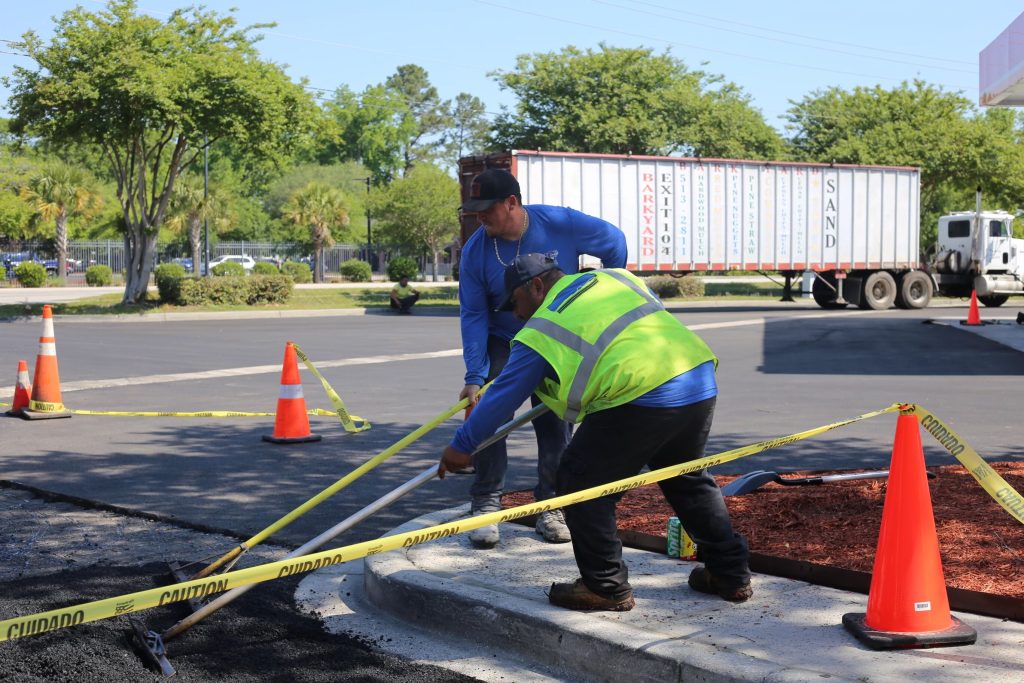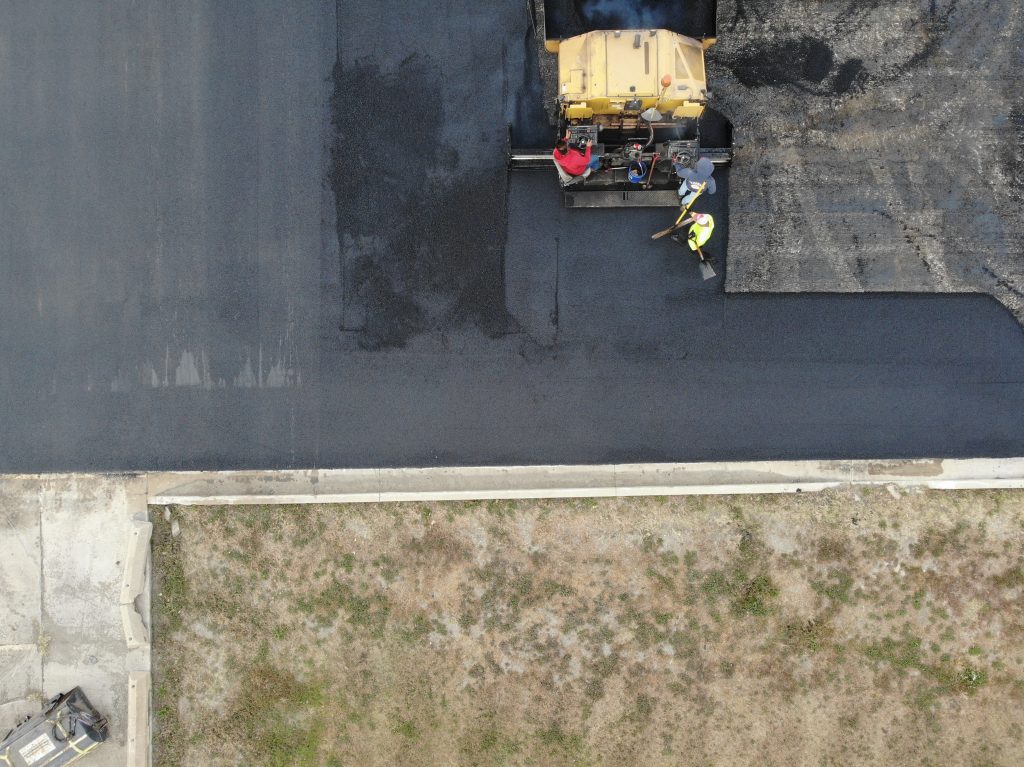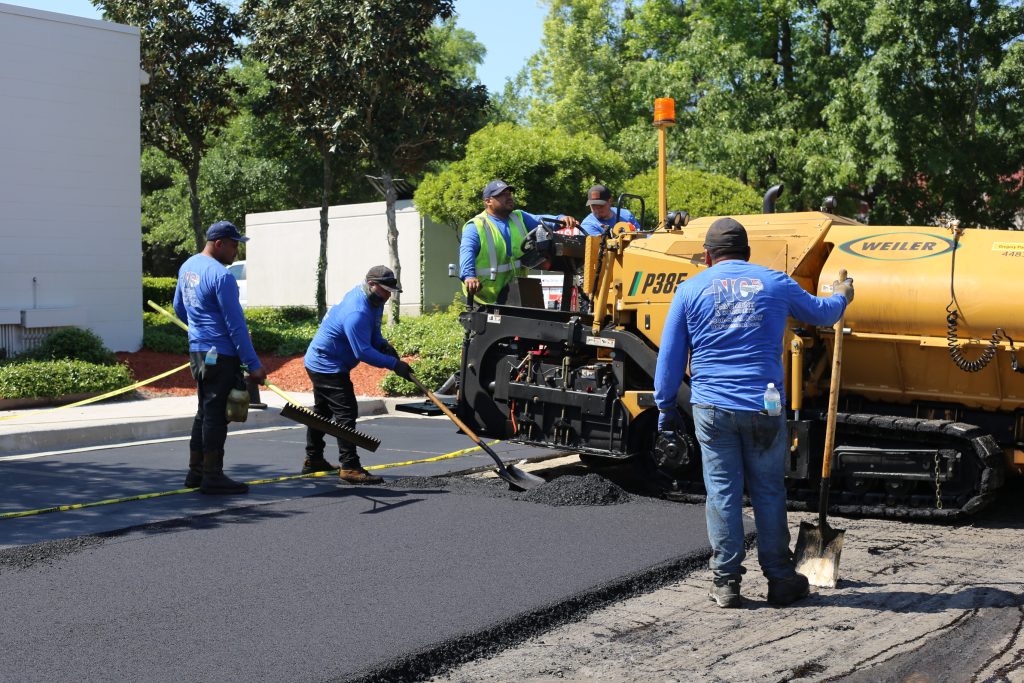Are you planning to get a parking lot or road constructed in Pittsburgh, PA? Newly installed pavement always looks beautiful and increases property value. However, paving projects are both time-consuming and overwhelming.
You may wish otherwise, but the paving project won’t manage itself! At The Pavement Group, we have helped hundreds of commercial property owners and managers handle their big and small asphalt and concrete projects over the years. Click here to get a free quote on our services.
Today, we will discuss the importance of having project management at each stage of the paving journey.
Site Evaluation
Any paving or repaving project starts with evaluating the site and the current state of the asphalt or concrete surface.
You may be eager to start the project and get it over with, but a great contractor will be diligent and work with you to evaluate what needs to be done on your property based on the age, current state of the surface, and other factors.
A few things to keep an eye out for are factors like existing drainage issues and soil stability. These issues can be costly to discover after your project begins. These issues could increase the cost and extend the length of the project significantly.
Asphalt Selection
Part of the success of any asphalt paving project involves choosing the right mix design. There are several options to consider when selecting asphalt for paving or repairs.
Depending on your property’s use, there are a few different types of asphalt that you could use. If you own or manage industrial properties, you could use a larger aggregate mix design which will hold up better with heavy trucks and equipment on it every single day.
If you are managing a Class-A office building, you would definitely want to use a standard surface mix that produces a smooth appearance and a quiet ride for those cars traveling through your parking lot.
Prompt Repairs
Keeping your pavement looking as good as new requires regular maintenance and repairs. As such, a project management company will keep you up to speed with damage on your pavement. Standard maintenance procedures include:
Regular sealcoating covers pavement surfaces with a protective layer against weather elements, moisture, and damage. It also reduces the damage done by excessive vehicle traffic. Therefore, every few years, sealcoating is required to keep the asphalt surface functional and prolong its lifespan.
Cracks are among the first signs of damage on any pavement. They occur due to regular wear and tear, tire pressure, and lack of maintenance. Minor cracks can be filled easily to avoid further deterioration. However, larger cracks can require a mastic sealant to repair or even milling the area and repairing with hot mix asphalt.
Cracking is also a sign of more significant deterioration and possibly base damage. In this case, the damaged area needs to be removed and replaced after the stone base has been repaired.
Finally, potholes also need to be patched to avoid accidents or damaged vehicles on your property or roadway. The process involves removing damaged asphalt, water, and debris, and filling the potholes with asphalt. Pothole filling is considered a temporary repair, and if the property is in an area with heavy snowfall, the repairs could easily be damaged by snowplows.
Cost Management
Finally, a good contractor will help you create a budget for the paving project as well as help you project the costs of ongoing maintenance and repairs. By overseeing your project with professional expertise, your contractor will help keep control of the expenses so you can enjoy the best financial benefits of your pavement.
Our project managers and consultants at The Pavement Group tackle all the difficult tasks and formalities for your and always find solutions to cut costs. Click here to get a free quote on your next paving project in Pittsburgh, PA.


